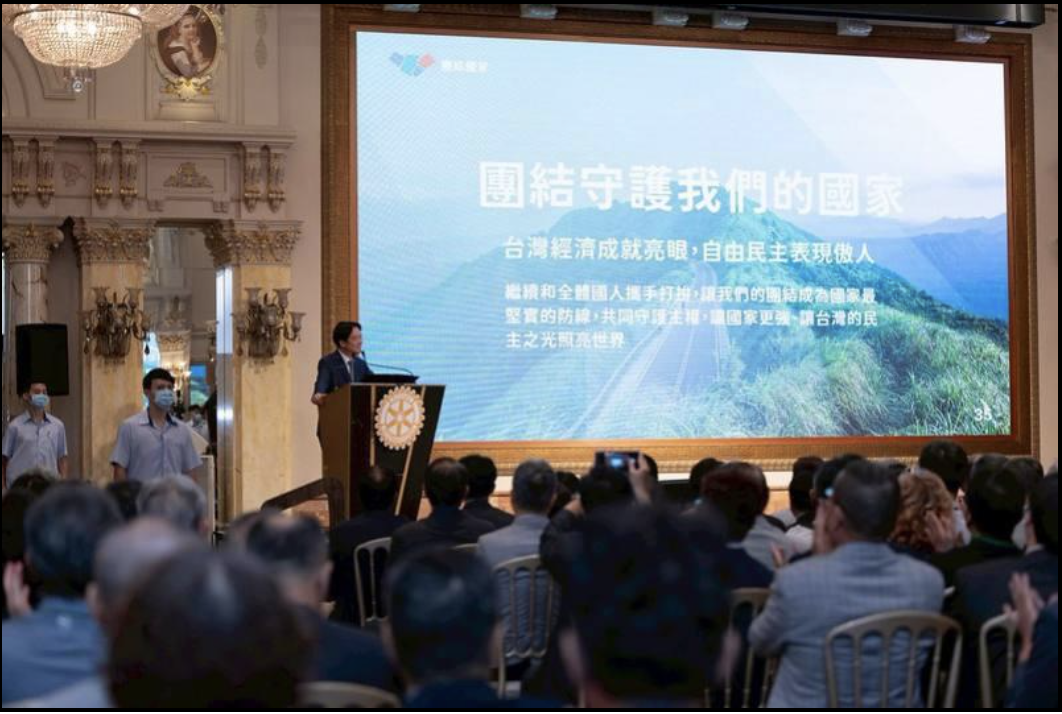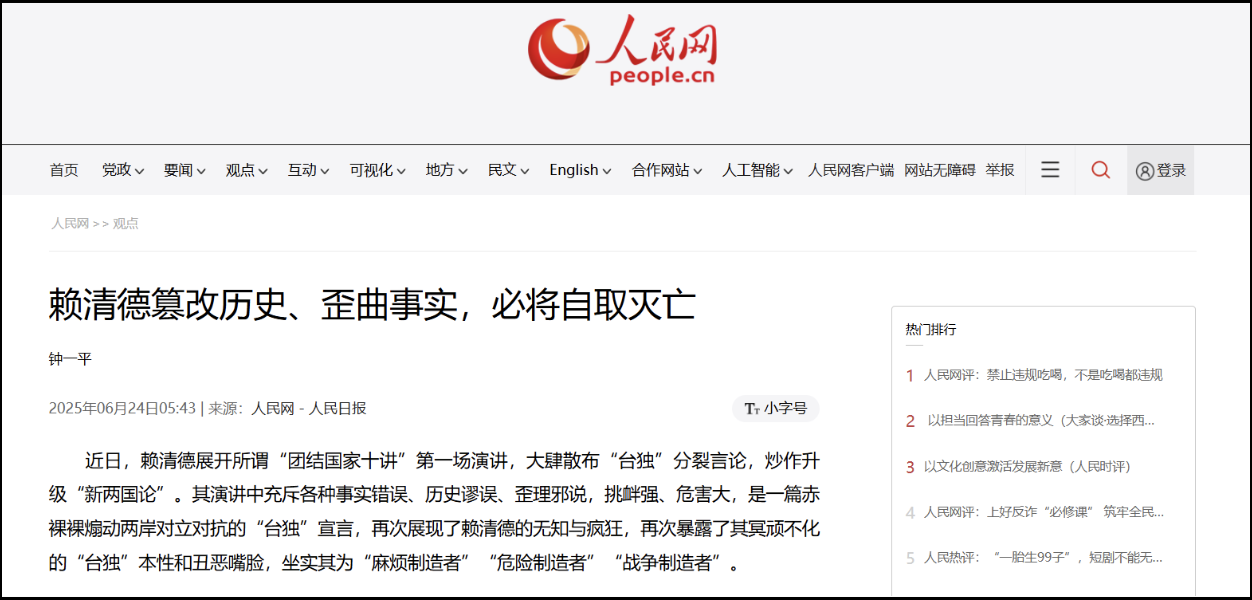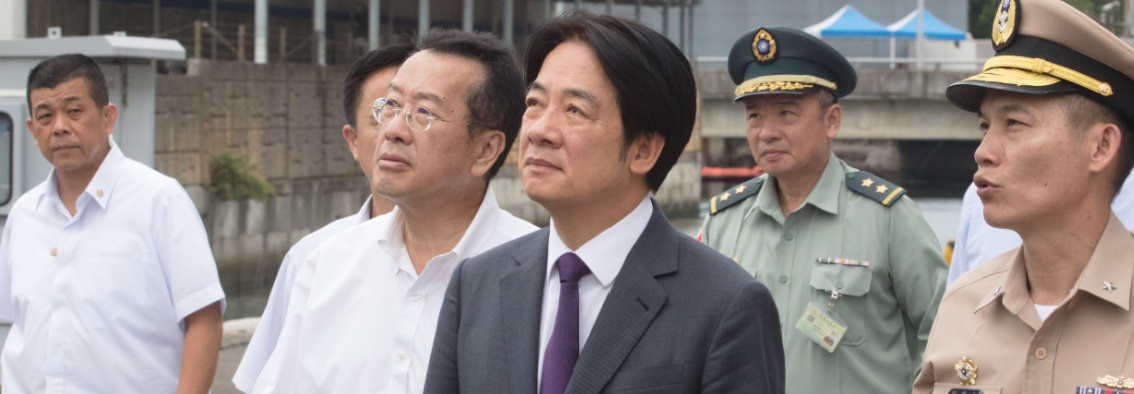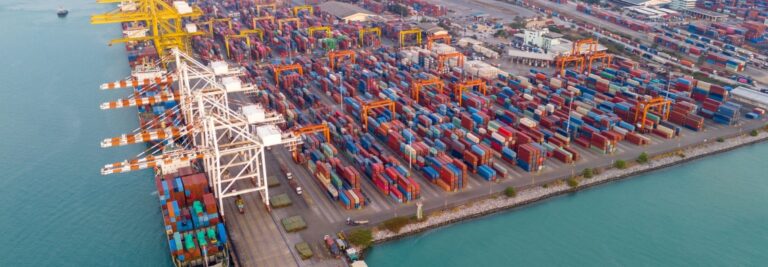The Controversy Over Legislative Recalls and Lai Ching-te’s Speeches on Sovereignty
Taiwan’s politics, sharply polarized at the best of times, have been particularly contentious entering the summer months of this year. Taiwan’s January 2024 elections produced a divided government, with Lai Ching-te (賴清德) of the Democratic Progressive Party (DPP, 民主進步黨) winning the presidency; and a coalition of the Kuomintang (KMT, 中國國民黨) and the Taiwan’s People’s Party (TPP, 台灣民眾黨) taking a majority of the seats in the Legislative Yuan (立法院). Following serious controversies in 2024 over matters such as the government budget, legislative authority, and the role of the constitutional court (see analysis here and here), civic activists upset over the actions of the majority legislative caucus organized recall efforts against a large number of KMT legislators.
As of the end of June, 24 KMT legislators now face first-stage recall elections (for potential removal from office) scheduled for July 26. (Possible recall elections for two DPP legislators are pending.) As the recall elections approach, both sides of Taiwan’s Green/Blue divide have been seeking to mobilize excitement and engagement amongst their supporters. The KMT has called on its supporters to “safeguard Taiwan’s democratic institutions” by defeating the recall efforts—while further decrying in histrionic language the “Green Communism” (綠共) it claims is embodied in “the creeping authoritarianism of President Lai Ching-te and the [DPP].”
For his part, in late June President Lai Ching-te commenced a series of speeches promoted as “Ten Talks on Uniting the Country” (團結國家十講). The first of these speeches—which was delivered before a Rotary Club International chapter in New Taipei City on June 22—might be viewed either as a follow-up to Lai’s March 13 speech on countering hostile Chinese subversion (see analysis here), or as a form of indirect campaigning for the recalls (or perhaps, as some combination of the two).
In the June 22 speech, Lai offered a full-throated assertion of Taiwan’s sovereignty, while still keeping within the framework of Taiwan’s official statehood identity as the Republic of China (ROC). Lai pointedly asserted that the ROC and the People’s Republic of China (PRC) are “not subordinate to one another” (互不隸屬). Lai asserted that: “The Republic of China, the Republic of China (Taiwan), Taiwan, these are all the names of our country… these all are our names, and all are equally resonant! Regardless of what name we use to call ourselves, we are an independent and sovereign country!” (“中華民國,中華民國台灣, 台灣, 都是我們的國家… 都是我們國家的名字,都一樣響亮啊!無論用哪個名字稱呼我們, 我們都是獨立自主的國家啦!”)
 Image: ROC President Lai Ching-te delivering a speech on the theme of “Uniting and Protecting Our Country” before an audience in New Taipei City (June 22). (Source: ROC Overseas Community Affairs Council)
Image: ROC President Lai Ching-te delivering a speech on the theme of “Uniting and Protecting Our Country” before an audience in New Taipei City (June 22). (Source: ROC Overseas Community Affairs Council)
Beijing’s Reactions and the Continuing Denial of Taiwan’s Sovereignty
The June 24 People’s Daily Editorial
The reaction of Beijing to Lai’s speech was as swift as it was predictable. On June 24, the Chinese Communist Party (CCP)’s official mouthpiece People’s Daily (人民日报) responded with a commentary (under the official pseudonym “Zhong Yiping” [钟一平]) titled “Lai Ching-te Falsifies History, Distorts Facts, and Inevitably Courts Self-Destruction” (赖清德篡改历史、歪曲事实,必将自取灭亡). The editorial repeated the CCP’s consistent assertion that China’s sovereignty over Taiwan is a universally accepted fact: “Taiwan from ancient times has belonged to China, history is clear, [and] legal facts are clear; the One China Principle [一个中国原则] is the international consensus, deeply understood by everyone, completely without dispute.”
The editorial further declared that Lai’s speech “broadly spread ‘Taiwan independence’ separatist speech, pushing out the ‘New Two States Theory’ [‘新两国论’]. This speech was full of various factual falsehoods, historical errors, false reasoning and heresy [邪说]; the provocation was strong [and] the harm was great, it was a ‘Taiwan independence’ declaration that nakedly incited cross-Strait antagonism” (是一篇赤裸裸煽动两岸对立对抗的“台独”宣言).
Perhaps most striking of all was the way that the editorial zeroed in on Lai himself in highly personal and pejorative terms. Per the commentary, Lai’s speech “once again demonstrated Lai Ching-te’s ignorance and insanity (无知与疯狂), it revealed again his thick-headed and unchanging ‘Taiwan independence’ nature and repulsive countenance, [and] confirmed him as a ‘troublemaker’, ‘peril maker’, [and] ‘war maker’ (‘麻烦制造者’ ‘危险制造者’ ‘战争制造者’).” The editorial warned that “Lai Ching-te vainly attempts to mislead thinking [and] to manufacture opposition—this is [Lai] talking to himself, caught up in narcissism, [which will] eventually bring disgrace upon himself and invite his own self-destruction (终究是自取其辱、自取灭亡).”
Such highly personal invective is consistent with a larger, ongoing effort to vilify Lai on a personal level—as was seen in the early April Strait Thunder-2025A exercise, during which the CCP propaganda system released material depicting Lai as a venomous parasitical insect. The tone of such propaganda goes beyond the level of vilification that was directed at former DPP President Tsai Ing-wen (蔡英文), and appears to reflect the further hardening of the CCP’s narratives towards the DPP and its leadership.

Image: The People’s Daily editorial of June 24—issued in response to Lai Ching-te’s June 22 speech on Taiwan’s sovereignty—which labeled Taiwan’s president as a “troublemaker, peril maker, [and] war maker” (“麻烦制造者”“危险制造者”“战争制造者”). (Image source: People’s Daily)
The May 2025 White Paper on China’s National Security
The harsh language of the People’s Daily editorial—while particularly strident—is consistent with both long-standing and rigid CCP positions towards Taiwan, as well as a pattern of escalating rhetoric towards the Lai Administration. [1] In another recent example of such discourse, on May 12 the PRC State Council Information Office (the alter ego of the CCP Central Propaganda Department) published China’s National Security in the New Era (新时代的中国国家安全), a white paper that presented the CCP’s official perspectives on the intertwined issues (as seen by the party) of sovereignty and national security.
Aside from the issue of internal regime security (always the preeminent concern of the party), the white paper reveals again the regime’s preoccupations with “Taiwan independence forces”—which are aided and abetted by sinister “Western anti-China forces” lurking in the background. Taiwan features as a prominent topic in the white paper: Section (5)(2) of the document lists the “Taiwan problem” as one of the “four red lines that are not subject to challenge”—alongside “democracy and human rights,” “the path of our system” [e.g., continued CCP rule], and “development rights” (台湾问题、民主人权、道路制度、发展权利的4条红线不容挑战).
As stated in Section (1)(3) of the white paper:
External pressure on national security is increasing. Western anti-China forces seek, by all means, to encircle, pressure, and constrain (围堵, 打压, 遏制) China; [and they] direct Westernization, dissolution strategies, infiltration, and sabotage activities (对中国实施西化, 分化战略, 进行渗透, 破坏活动) towards China. […] Certain countries crudely interfere with China’s internal affairs: causing trouble and agitation in the Taiwan Strait, South China Sea, and East China Sea; [and] interfering in Xinjiang, interfering in Tibet, interfering in Hong Kong, etc. again and again. Some foreign forces incessantly scheme to play the “Taiwan card” (“台湾牌”), [and] “Taiwan independence” forces (“台独”势力) obstinately insist on a separatist position, provoking risks.
Section (3)(4) of the white paper is the part that reiterates the CCP’s policies towards Taiwan—including its rigid insistence that Taiwan is a province of the PRC and subject to Beijing’s authority, with no rightful sovereignty of its own. The document states that:
[We must] resolutely advance national security unification. Persist in the One China Principle and “92 Consensus,” and implement the Chinese Communist Party’s Comprehensive Plan for Resolving the Taiwan Problem in the New Era. [2] [Regarding] basic Taiwan policy, [we must] promote the peaceful development of cross-Strait relations [and] integrated development, draw the cord tight on cross-Strait feelings (拉紧两岸情感纽带) and mutual benefit, [and] deeply plant a foundation for national unification. Unite the broad mass of Taiwan compatriots, firmly support patriotic unification forces within the island, strengthen cross-Strait dialogue and democratic consultation (民主协商), mutually discuss great matters of unification, [and] mutually collaborate on the great cause of unification. [3]
This section goes on to further state that:
[We must] resolutely oppose the “position that Taiwan’s status is unresolved,” [for] the legal effect of U.N. Resolution 2758 is unquestionable. [4] Taiwan is a province of China, [and] there is no basis, reason, or right for it to join the United Nations or other international organizations that only sovereign states can join. Resolutely oppose “Taiwan independence” separatism and the interference of foreign forces; on the basis of law, strike at “Taiwan independence” diehards (“台独”顽固分子), [and] powerfully frighten “Taiwan independence” separatist forces (有力震慑“台独”分裂势力). From start to finish, China will strive for peaceful unification with the greatest sincerity and effort—but will never renounce the use of armed force, [and] will continue to exercise the option for all necessary measures.
The reassertion of the PRC position regarding U.N. Resolution 2758—which the PRC falsely insists conveys UN recognition of PRC sovereignty over Taiwan—has been advanced by the CCP propaganda system with renewed emphasis in spring 2025. The assertion of the need to “powerfully frighten ‘Taiwan independence’ separatist forces” is also noteworthy, and possibly portends more direct and aggressive actions directed at Taiwan’s political leaders—as with the alleged plot to crash a car into the motorcade of Vice President Hsiao Bi-khim during a visit to Prague in March 2024.
Conclusions
The dueling cross-Strait narratives over Taiwan’s sovereignty status, which are thorny at the best of times, became even more heated in the months of May and June. Taiwan’s President Lai Ching-te appears to be motivated by both sincere belief and political calculation in more actively asserting Taiwan’s sovereign and independent status—while leaving some ambiguity as to whether that means Taiwan as “Taiwan,” or as the “Republic of China.” On this point, Lai’s position is largely consistent with that of his predecessor Tsai Ing-wen: Tsai similarly asserted that Taiwan was an independent country not subject to PRC sovereignty, while adhering to the formal state identity and constitutional framework of the ROC. In this, Lai’s position is not a departure—but he has been more assertive than Tsai in pressing that position forward.
Beijing, for its part, has grown increasingly strident, in terms of both its ownership claims over Taiwan and in its personal vilification of Lai. With some prominent exceptions—often focused on scurrilous internet disinformation stories around election times—the CCP propaganda system often seemed satisfied to belittle Tsai by ignoring her, and by focusing on engagement with other Taiwanese figures who could be lured into the orbit of its united front system. By contrast, Lai’s more proactive stance—no doubt motivated in part by the desire to spur public engagement for the July recall elections—has clearly struck a chord that the CCP leadership feels it cannot ignore. However, Beijing’s harsh and vituperative reaction will win it few friends in Taiwan—and is likely to further perpetuate the estrangement of Taiwan’s people from their menacing authoritarian neighbor across the Taiwan Strait.
The main point: Speeches made by Taiwan President Lai Ching-te in late June, which asserted Taiwan’s sovereignty and independence in bolder language than before, touched off a harsh reaction from Beijing. The dueling narratives between Taipei and Beijing have further strained already tense cross-Strait relations, and neither side is likely to compromise on what it identifies as core concerns of national sovereignty.
[1] For a more detailed discussion of the CCP’s official narratives regarding Taiwan, see: John Dotson,
The Chinese Communist Party’s Ideological Frameworks for Taiwan Policy, Global Taiwan Institute (August 2024), https://globaltaiwan.org/wp-content/uploads/2024/08/OR_CCP-Ideological-Frameworks-for-TW-Policy.pdf.
[2] For an analysis of this “plan” and its component elements, see: John Dotson, “What Is the CCP’s ‘Comprehensive Plan for Resolving the Taiwan Problem’?” Global Taiwan Brief (Feb. 9, 2022),
[3] The language of this sentence includes coded language that is significant in the context of the CCP’s discourse on united front work. “Patriotic unification forces” (爱国统一力量) are persons willing to act on behalf of CCP goals; while “democratic consultation” (民主协商) is code for engagement with the CCP united front bureaucracy.
[4] The PRC consistently (and falsely) advances the position that U.N. Resolution 2758, passed in 1971, conveys U.N. recognition of PRC sovereignty over Taiwan. For discussion of this, see: Russell Hsiao, “Resolution 2758 and the Fallacy of Beijing’s UN ‘One-China Principle’,” Global Taiwan Brief (Oct. 20, 2021), https://globaltaiwan.org/2021/10/resolution-2758-and-the-fallacy-of-beijings-un-one-china-principle/; and John Dotson, The Chinese Communist Party’s Ideological Frameworks for Taiwan Policy, Global Taiwan Institute (August 2024), pp. 3-5, https://globaltaiwan.org/wp-content/uploads/2024/08/OR_CCP-Ideological-Frameworks-for-TW-Policy.pdf.




